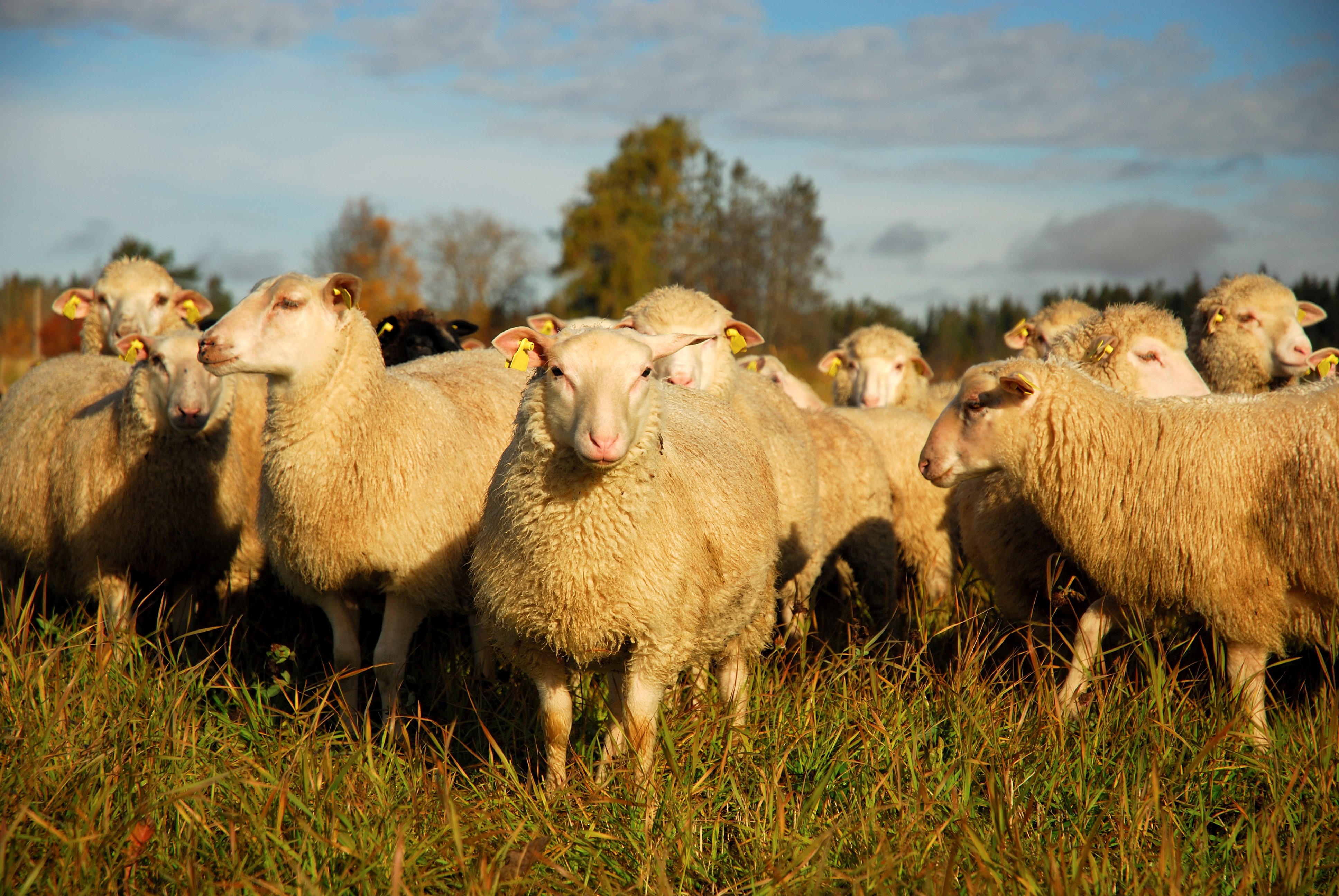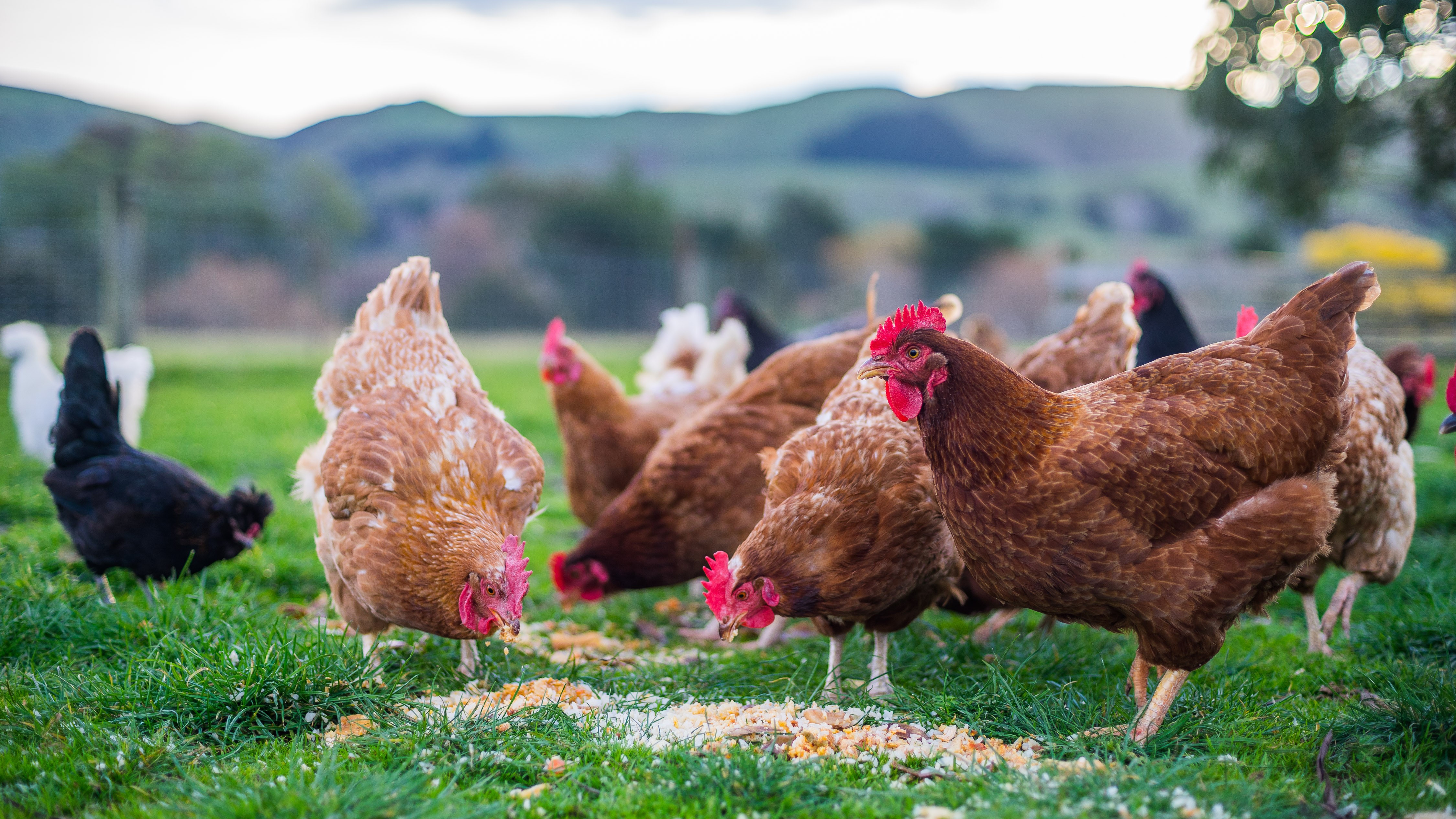Prioritisation of animal health surveillance activities in Ireland.
Decisions around animal health management by stakeholders are often dependent on the amount of resources available; therefore it is often necessary to evaluate what needs to be prioritised in order to achieve the best possible outcomes. A study was carried out by the Department of Agriculture, Food and the Marine (DAFM) to examine these issues. The objectives of this study were to develop and apply a surveillance prioritisation process for animal health surveillance activities in Ireland. A prioritisation tool was developed for surveillance activities and applied over two phases. During the first phase, a survey was conducted which asked stakeholders to identify the most important diseases/conditions for Irish agriculture. In the second phase, experts allocated resources to the activities that they considered would best meet the surveillance objectives, for each disease/condition. The top ranked endemic (currently present) and exotic (currently not present in the country) diseases/conditions identified by the stakeholders surveyed are summarised in Table 1.
Table 1: Most important endemic and exotic diseases/conditions, as ranked by stakeholders

Using the developed tool, the experts selected a combination of both active and passive surveillance activities for most diseases/conditions. This study developed a process and user-friendly practical tool for animal disease surveillance prioritisation. This process can be repeated regularly and as the situation for particular diseases changes (e.g. as diseases change from endemic to exotic in Ireland, then the surveillance activities will also have to change). Seeking a range of stakeholder opinions on disease prioritisation (phase one) was considered very beneficial. This phase ensures decisions made by government and the DAFM divisions that are responsible for animal disease surveillance programmes are matched with the views of experts across veterinary divisions within DAFM and the wider animal health industry.
A scientific article reporting on this study was published in Dec 2020 and is accessible online at
https://www.frontiersin.org/articles/10.3389/fvets.2020.596867/full
Thanks to AnneMarie Clarke of the One Health Scientific Support Unit within DAFM for information provided in relation to this project.






